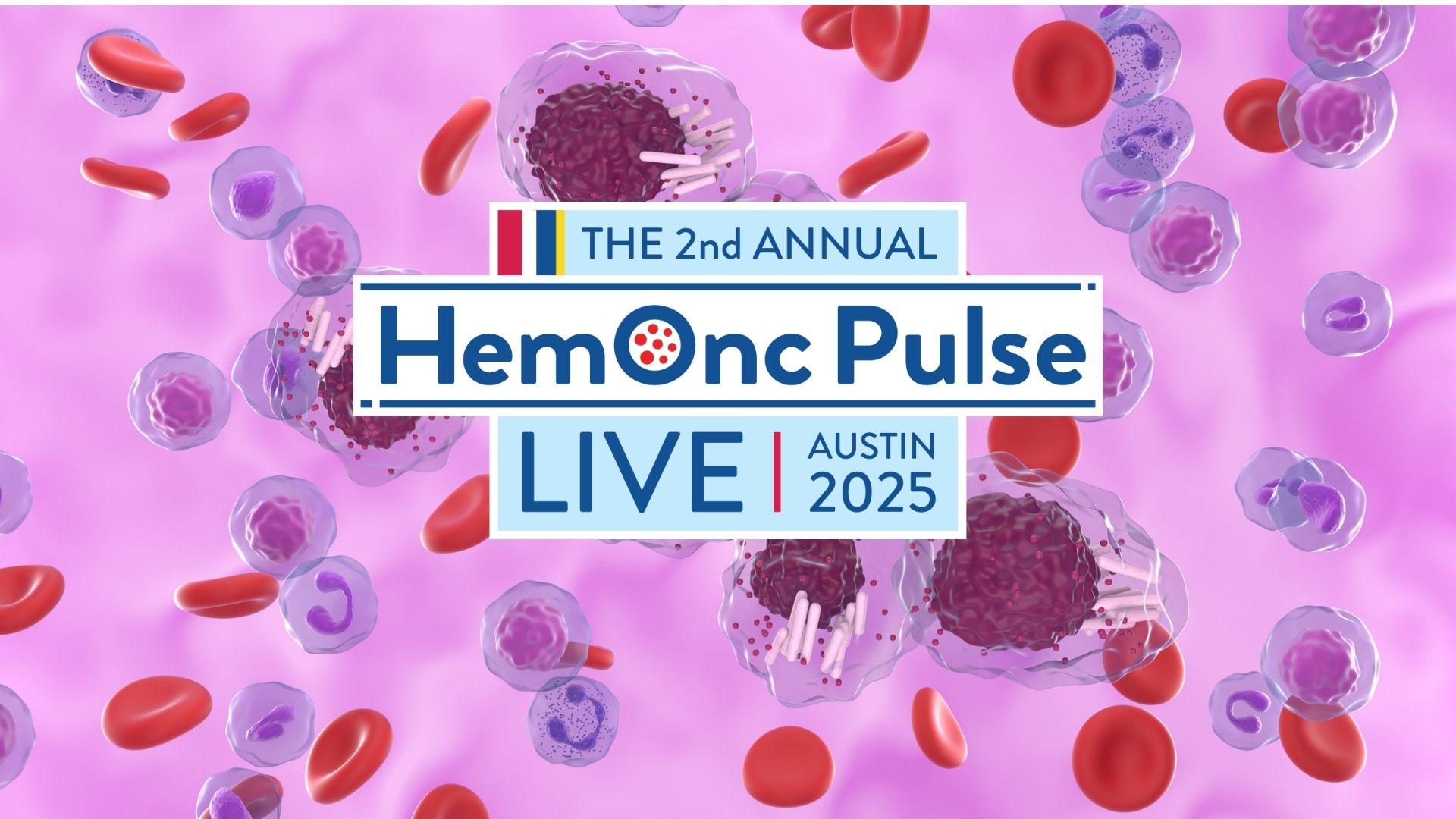CLL Expert Dr. Coombs on Clonal Hematopoiesis in Solid Tumors
By Catherine Coombs, MD, Leah Sherwood, Patrick Daly - Last Updated: April 19, 2024Blood Cancers Today met with Catherine Coombs, MD, of the University of California, Irvine, at the American Association of Cancer Research (AACR) Annual Meeting 2024 in San Diego, California, to hear about her recent research into the solid tumor microenvironment.
“My clinical expertise is primarily in [chronic lymphocytic leukemia (CLL)], however, at this year’s AACR meeting, I spoke about another interest of mine, which is clonal hematopoiesis as a precursor to leukemia, but also specifically focusing on the role it may play in solid tumor microenvironment.”
Dr. Coombs noted research on the impact of clonal hematopoiesis in solid tumors is broad and is heavily dependent on individual patients’ characteristics.
“We have seen both in laboratory and clinical studies differential impacts in the murine models that have been developed and also in the subsequent effects on clinical outcomes,” she explained. “A lot more work is needed, but it will largely depend on who the patients under study are and what therapy they’re getting in addition to which mutations they have because it seems that all of these can have very differential impacts on the downstream consequences.”
One specific area of interest for Dr. Coombs is the effects of clonal hematopoiesis in men with prostate cancer. She described some data she presented at the AACR Annual Meeting 2024.
“I shared work that myself and collaborators have done looking at clonal hematopoiesis in men with metastatic castration-resistant prostate cancer where it doesn’t seem to have a negative impact on overall survival or [progression-free survival] given that most men succumbed unfortunately to their prostate cancer in under three years,” Dr. Coombs noted. “However, what we did see is an increase in the risk of cardiovascular [adverse events (AEs)] for patients with large size clones—variant allele frequency over 10%—but also tattoo mutations.”
Dr. Coombs continued on, “my next dream study is to take this research into earlier stages of prostate cancer where these cardiovascular AEs may actually mean a lot more for the patient given that cardiovascular disease is the number one killer of men with prostate cancer, which is largely reflective of the fact that it’s often diagnosed so early.”






 © 2025 Mashup Media, LLC, a Formedics Property. All Rights Reserved.
© 2025 Mashup Media, LLC, a Formedics Property. All Rights Reserved.